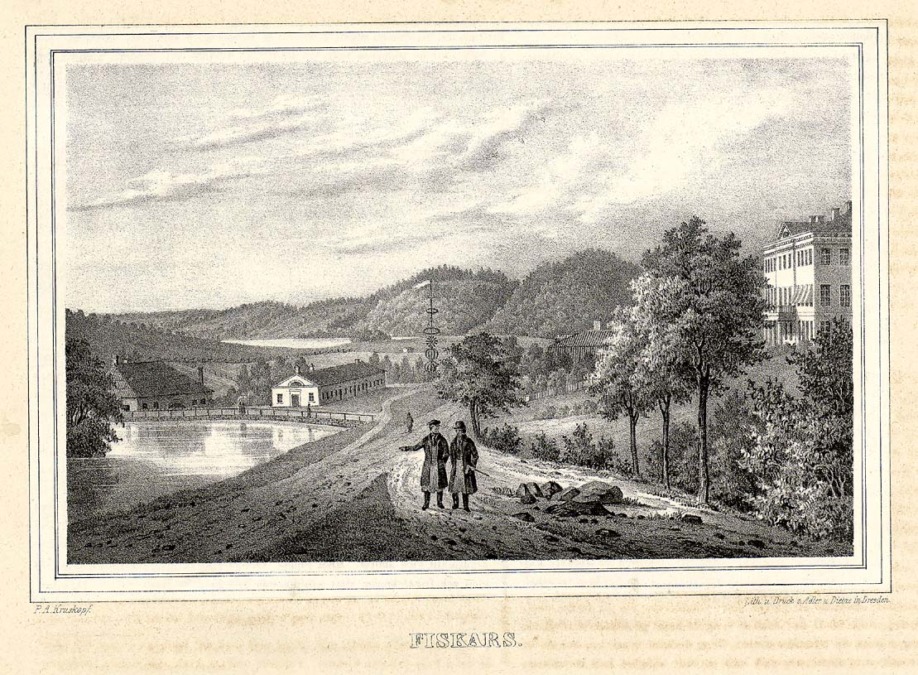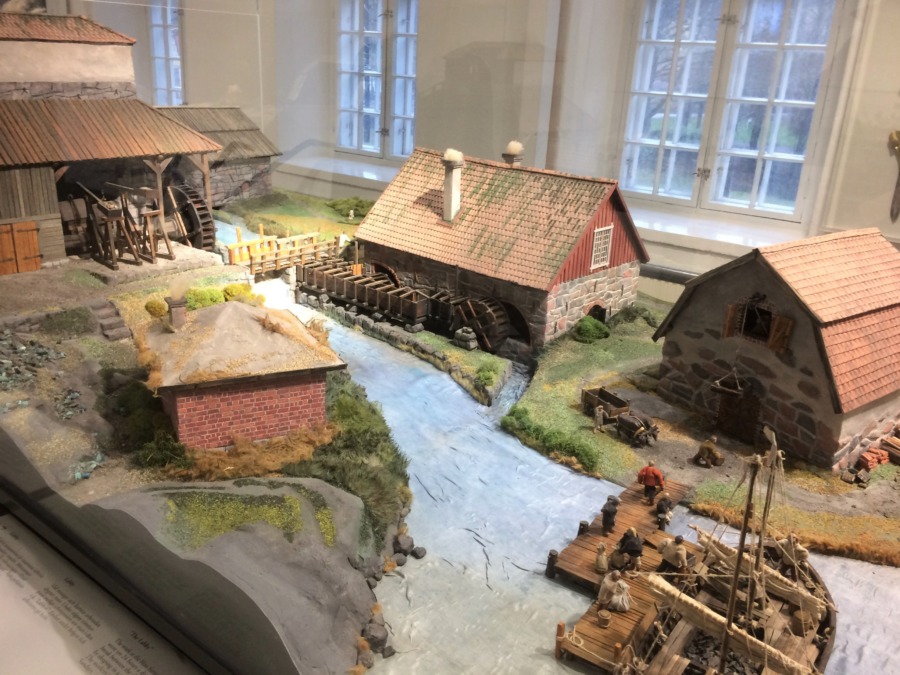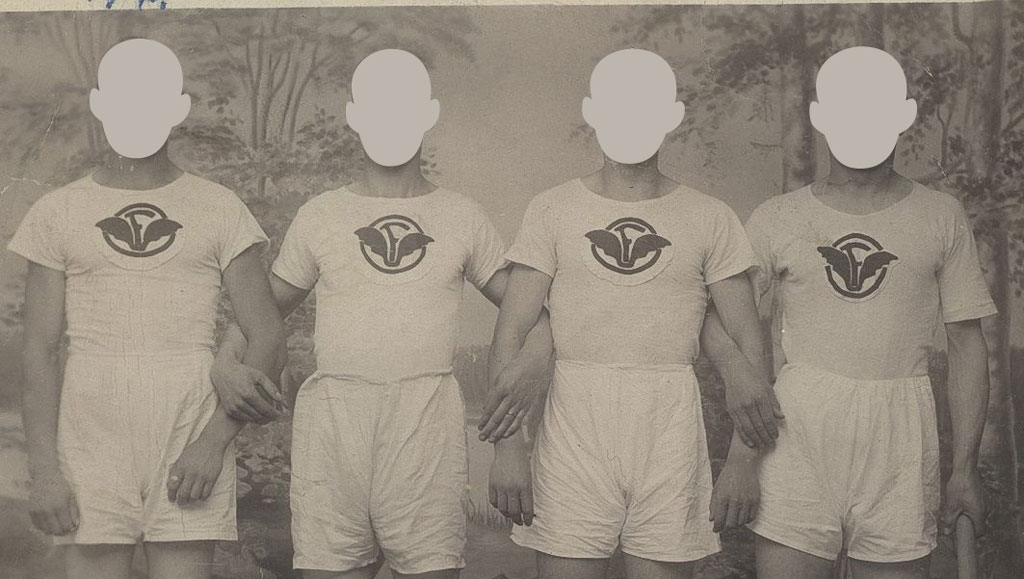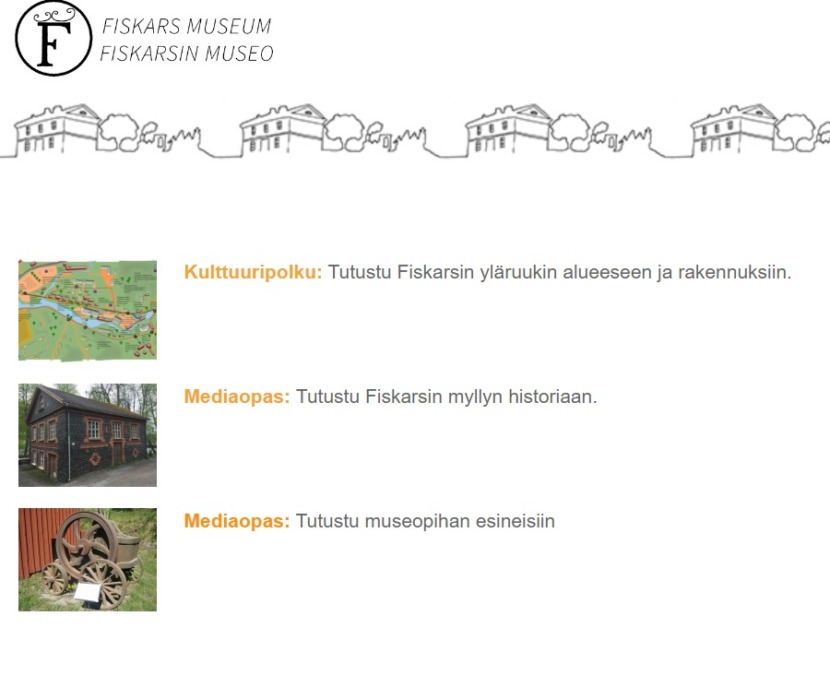The Digital Museum
Here you can experience the museum collections and research digitally through various presentations, guides, articles and games. The Digital Museum is a concept that extends the museum experience as such also to those who may not have the opportunity to visit the Museum physically. Digital material is also available during your museum visit, should you like to deepen your knowledge of the history of Fiskars Ironworks.
Audio Guide to The Main Exhibition
This audioguide it is an excellent introduction to the history of Fiskars Ironworks and the Museum. Additionally, you will find more digital content on our YouTube channel.
Digital Guides on Tarinasoitin
The contents of the story player tarinasoitin.fi allow you to explore interesting places in Fiskars. You can use the storyplayer on your computer, tablet or smart phone.
Finnish Cultural Heritage
Discover the cultural heritage of Finland on the searchengine finna.fi. Finna presents the collections of museums, archives and libraries around Finland. Parts of our Collections will soon be published on Finna


European Cultural Heritage
Discover the cultural heritage of Europe via the Internet. At europeana.eu you can find memories relating to the Fiskars Ironworks collected in connection with the 70th anniversary of the Museum.
Digital Escape Room – Almas Hemlighet
Almas hemlighet is a digital escape room in swedish produced by Västnyländska kultursamfundet in project Kulturbrickan. The educational game contains material from Fiskars museum and Pohja local history archive.

Find out your profession in the 19th century?

Research
Fiskars Ironworks 1649-2014
Learn about Fiskars Ironworks 365 years of history by reading these articles and by visiting the museum basic exhibition Life at Fiskars Ironworks.
Read more about Fiskars Ironworks 1649-2014From War to Industry
You can learn about Fiskars Ironworks from The Second World War to 1970’s by reading the articles here or by visiting the renewed exhibition The Widow and The Bachelor situated in Slaggbyggnaden.
Read more about From War to IndustryFiskars recent history 1960-1990
Here you can read more about Fiskars Ironworks recent history from 1960 to 1990 when the industry moved away and was replaced with an artist community.
Read more about Fiskars recent history 1960-1990Fiskars Forests and Forestry
Thanks to the vast forests and waterways, Western Uusimaa was an excellent place to establish ironworks. For the ironworks operations such as the blast furnace,
Read more about Fiskars Forests and ForestryHammarbacken Museum Garden and Garden History
At Fiskars Ironworks, the workers have historically cultivated their own garden plots diligently, especially growing nutritious and filling crops such as potatoes, spinach, and cabbage.
Read more about Hammarbacken Museum Garden and Garden HistoryThe history of Ski Jumping in Fiskars
Did you happen to know that the ironworks has been a hot spot for ski jumping for decades?
Read more about The history of Ski Jumping in FiskarsThe Festive Traditions at the Ironworks
Fiskars museum presented a theme exhibition about the most popular feasts in Fiskars in 2014 to celebrate Fiskars ironworks 365 anniversary.
Read more about The Festive Traditions at the IronworksJohan Jacob von Julin+Fiskars=200 years
This year will mark the 200th anniversary since Johan Jacob “John” Julin bought the Fiskars ironworks. John is often called the second founder of Fiskars.
Read more about Johan Jacob von Julin+Fiskars=200 yearsKarl Hugo Fröjd
Karl Hugo Fröjd (12.3 1889–6.1 1956) was a worker who lived in Fiskars. He worked in the Upper Ironworks area, which was the center of heavy industry in Fiskars.
Read more about Karl Hugo FröjdKarin von Julin
Karin von Julin (1871-1914), the firstborn of Albert and Sophie von Julin, lived in the Fiskars Ironworks Manor House. Karin worked as her father’s,
Read more about Karin von JulinThe Upper Ironworks Area
Fiskars can be divided into Upper and Lower Works. They have grown alongside two crossing roads. From the market square and up the river,
Read more about The Upper Ironworks AreaFiskars’ Steam Train “Pikku-Pässi” since 1891
Here you can read about the history of the steam locomotive Pikku-Pässi, and the Fiskars’ narrow-gauge railtrack. During the 19th century,
Read more about Fiskars’ Steam Train “Pikku-Pässi” since 1891